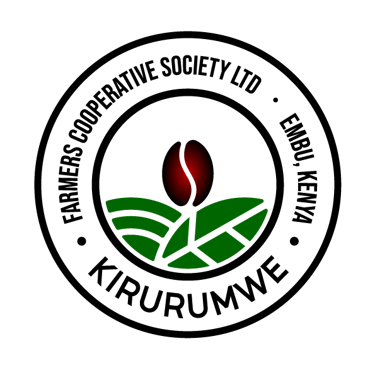
About Us
Kirurumwe Farmers’ Cooperative Society
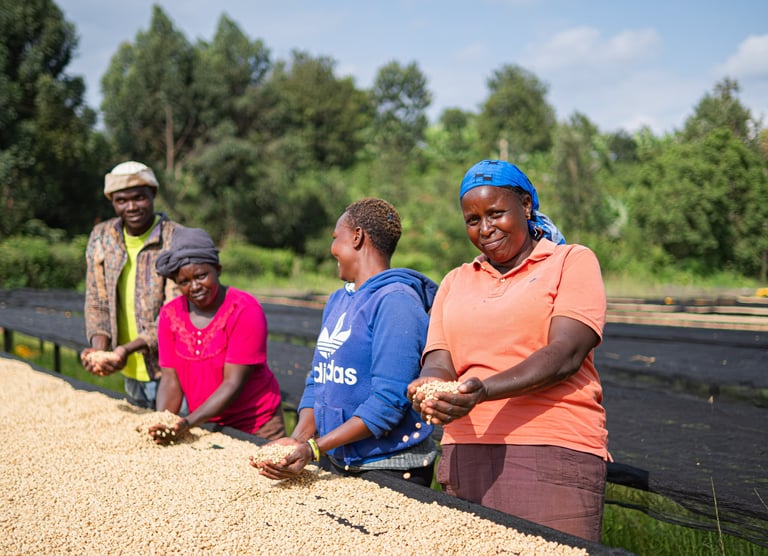

Kirurumwe Farmers’ Cooperative Society is situated in Makengi, Runyenjes sub-county, Embu County, on the southeastern side of Mount Kenya.
This region, lying within UM1 (coffee zone) and UM2 (coffee and tea zones), boasts altitudes ranging from 1577m to 1750m above sea level and is renowned for producing some of the world's finest coffee.
LOCATION
HISTORY
Our society was officially registered on September 21, 1963, under the Co-operative Society Act, Cap. 490, Section 7, with registration number CS/0991.
It started with 150 registered members and presently, the cooperative comprises 4,852 registered members, of whom 2,911 are active.
The society operates three factories: Kevote, Kianjuki, and Ngaindethia. All factories’ coffee processing methods are wet processing.
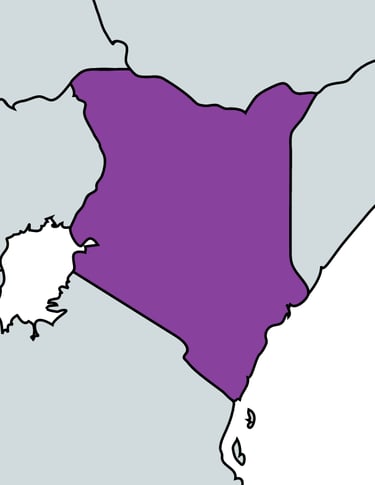

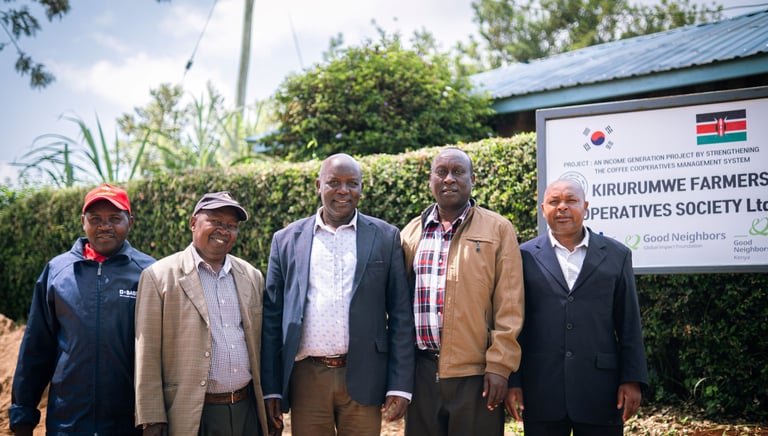

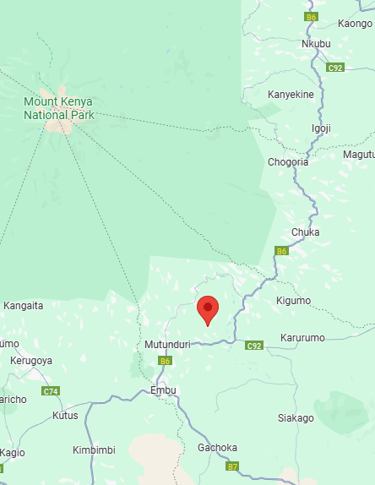

Production Volume and Coffee Grades
The Makengi region experiences two rainy seasons, which result in two coffee harvest seasons.
The main crop is harvested from October through December, accounting for 75% of the coffee yield, while the fly crop, harvested from April through June, makes up the remaining 25%.
The society contributes approximately 25% of the total coffee cherry produced by small-scale farmers in Embu County, which amounted to over 980,000 Tonnes for the 2022/2023 season.
Over 70% of the coffees produced by our cooperative are graded AA and AB.
Recently, we've been selling our coffee as specialty coffee, and we're proud to say it's a very good quality coffee.
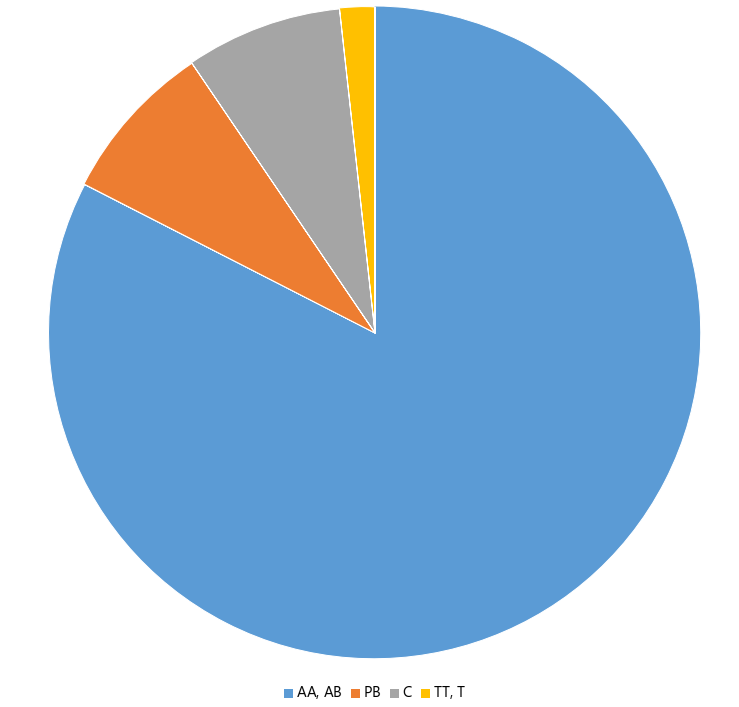

Coffee Characteristics
Makengi region's deep volcanic soil is ideal for producing some of the world's finest Arabica coffee, with typical Kenyan varieties such as SL 28, SL 34, K7, Batian, and Ruiru 11.
The distribution of varieties includes 60% SL34, SL28, and 20% Ruiru 11, and 10% Batian, and 10% K7.
The coffee has an average SCAA cupping score of 87 points, characterized by currant, red berries, tropical fruits, pineapple, lemon, and floral undertones, along with a wine-like acidity and a long, refined, clean, and elegant aftertaste.
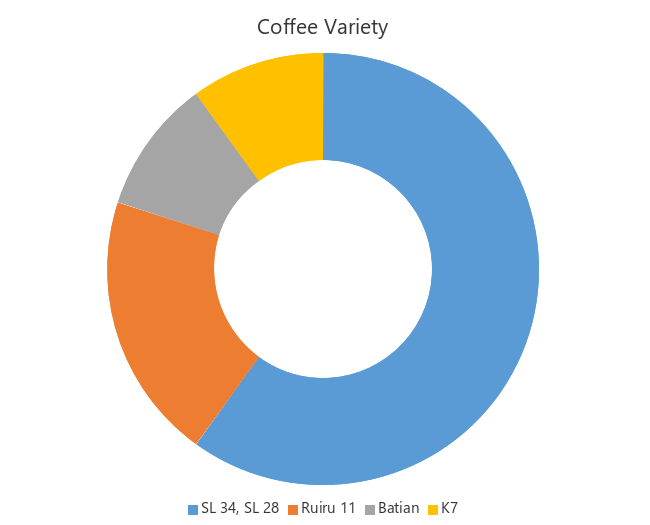

Production, Processing, and Export
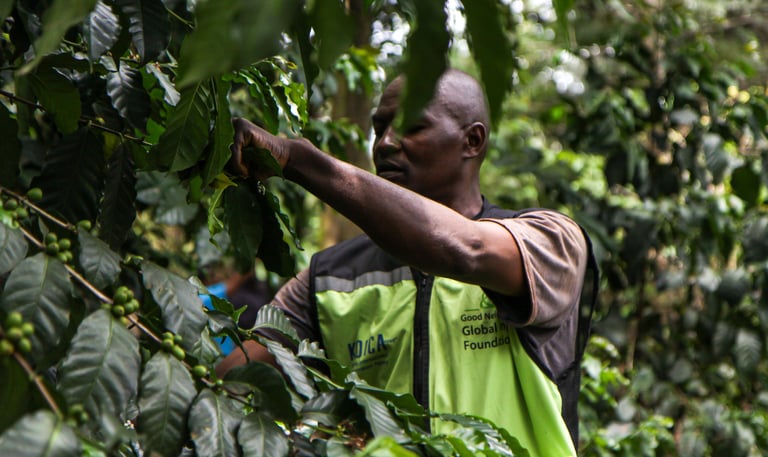

Picking
Smallholder farmers selectively handpick ripe cherries and deliver them to the factories for de-pulping and fermentation.
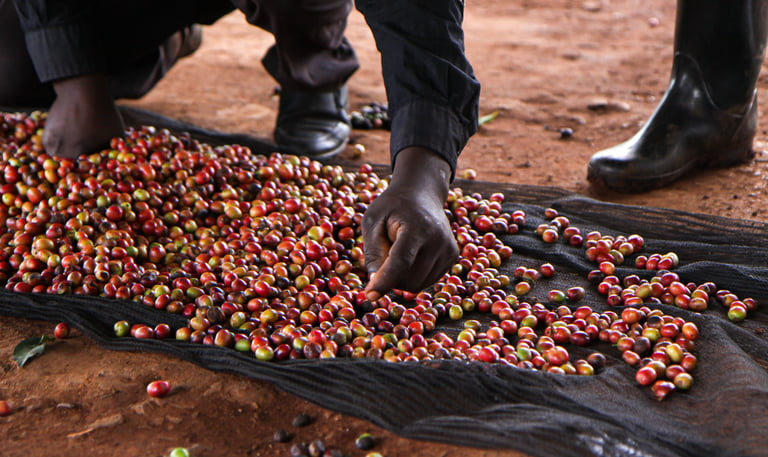

Sorting
The delivered cherries are presorted once more at the factory by the FMC(Facility Management Committee), and only ripe cherries are pulped.
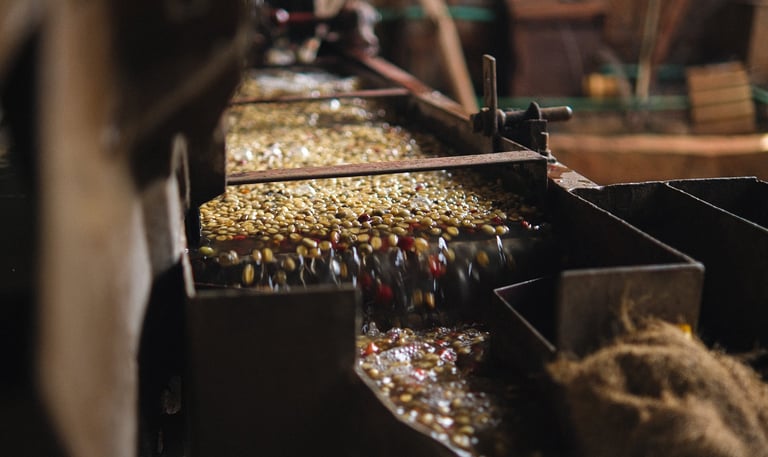

Pulping
We are using the disc pulper.
And we pulp the only sorted coffee cherries.
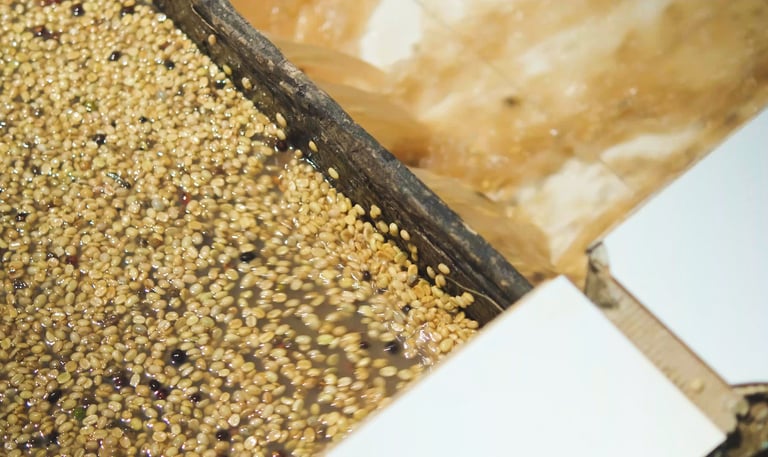

Fermentation & Washing
Ferment the pupled parchments for 12 to 16 hours, depending on the climate.
After fermentation, clean the parchments with clean water.
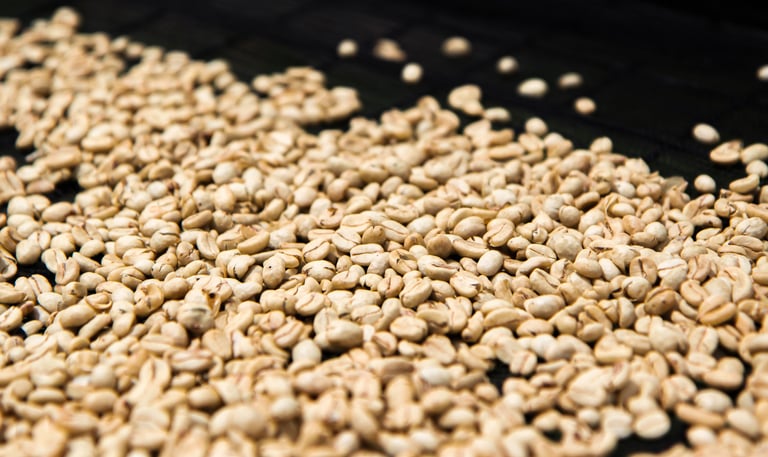

Drying
The coffee is then washed and dried on raised beds for 7–15 days, depending on the weather, until it reaches the desired moisture level.
The drying process involves frequent turning and sorting.
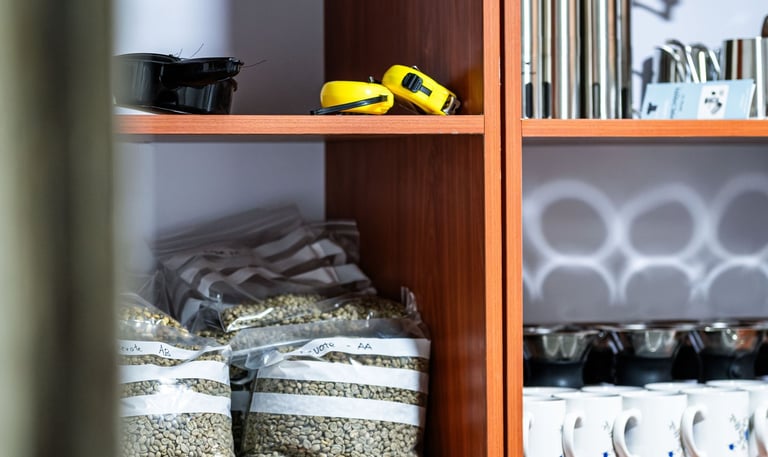

Export & Sales
Once dried, the parchments are transported to the miller for milling. The coffee is sold through KCCE via auctions or direct sales.
